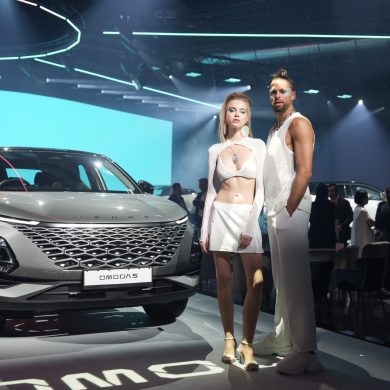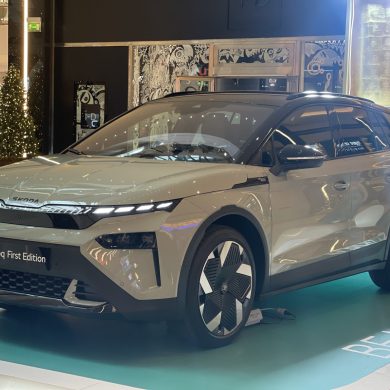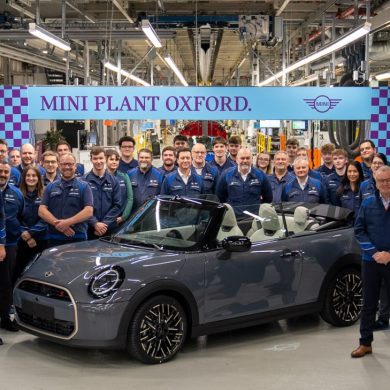Η Turkey is in advanced negotiations with Chinese carmakers BYD and Chery to invest in factories in the country, a step that could help the companies increase their sales in Europe.
"We would like to conclude the talks as soon as possible. We have come a long way with both," Industry and Technology Minister Fatih Kacir told Bloomberg in an interview in Ankara.
Separate negotiations with SAIC, which owns MG, and Great Wall are also under way, he said.
BYD, Chery, SAIC and Great Wall did not respond to requests for comment.
The move could give Chinese car manufacturers easier access to the European Union, with which Turkey has a customs union agreement.
The size of the Turkish market
Turkey is an important market in its own right, too, with electric cars accounting for 7.5% of all car sales in 2023.
The national energy market regulator expects the number of electric vehicles in the country to increase by around 180,000 by 2025. Researcher BMI predicts that the share of EVs in Turkey's domestic car sales will reach 30.4% in 2032.
BYD Europe CEO Michael Shu said last week that he sees room for a second European factory in 2025, in addition to the one already being built in Hungary.
European investment may help BYD avoid any new import duties resulting from an EU investigation into state subsidies for Chinese electric vehicle manufacturers. Turkey also imposes additional taxes on most EVs produced abroad.
Ankara is trying to shield Togg - the country's first domestic EV maker - from competition until the new brand establishes itself in the domestic market, the fourth largest in Europe as of the fourth quarter.
A final investment decision by either of the two Chinese companies would be a boon for the Turkish government, which has been trying for years to use its location linking Asia and Europe to attract foreign investment in its construction sector, so far with little success.
One notable loss was Volkswagen Group's decision to abandon a planned investment in a factory after the country's military action in northern Syria caused an international outcry in 2019.
The minister said that Turkey is an ideal base for exports to the EU because of its customs union with the bloc and its sophisticated car industry.
Automobiles were among Turkey's top exports last year, with the country selling $35.7 billion worth of vehicles and parts in 2023, up from $21.6 billion a decade earlier, according to data from the Automobile Manufacturers Association.
Any decision to open a car factory in Turkey will bring Chinese companies "preferential opportunities for investment in batteries as well," Kacir said, adding that the talks may or may not result in a final investment decision.
Togg and China's Farasis Energy are also building a battery plant in the northwestern city of Bursa, Turkey, as part of a joint venture.







